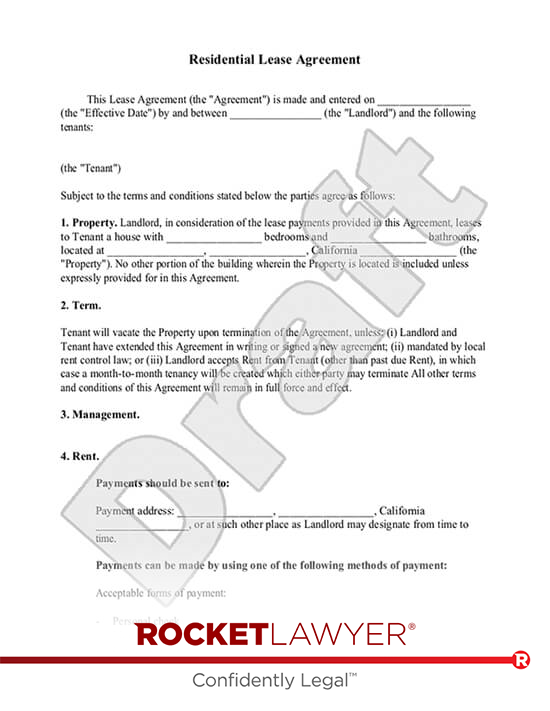Rental Property Insurance vs. Renter's Insurance
Your landlord has rental property insurance, but it likely does not cover replacement of your belongings if stolen or damaged. It also likely does not cover an accident that happens inside your home, unless you reported the circumstances that caused the accident - such as a broken step or ripped rug - to your landlord and they were not addressed.
Your landlord's rental property insurance policy covers accidents that happen in common areas though, unless you accepted responsibility for their maintenance - such as de-icing front steps - in the lease agreement. In such a situation, having renter's insurance may keep you from financial hardship due to a slip and fall at your front door.
What Renter's Insurance Does Cover
What a specific policy covers varies by policy, but renter's insurance generally includes coverage of:
- Personal items in your home that are lost or damaged due to theft, vandalism, fire/smoke or natural disaster
- Personal items in your vehicle that are lost or damaged due to theft, vandalism, fire/smoke or natural disaster
- Temporary housing needed because of damage to the rental property
- Accidents in your home for which you are responsible
- Damage to the rental property caused by your pet or liability if your pet bites someone on the premises
How the policy pays out also varies, with cash value and replacement cost being the two most common options. Cash value takes depreciation into account, while replacement cost provides you with the full amount you paid for the item. Expect to pay higher premiums if you choose renter's insurance that pays replacement value.
Why Your Landlord May Require Renter's Insurance
Not only can your landlord legally require you to have renter's insurance as part of the lease agreement, but your landlord may require you to include him or her in the policy as an 'additional insured' or a 'secondary insured.' Such a provision extends your renter's insurance to your landlord, which may keep a lawsuit from requiring the use of rental property insurance. Your landlord's inclusion on the policy also means he or she can request notice of changes to the policy, including cancelation, which would make you in violation of the rental lease agreement.
Knowing you have renter's insurance also gives your landlord peace of mind in relation to rent payments. For example, say you come home to find a busted lock and your laptop gone. If you earn a living with that laptop, you might find it difficult to make next month's rent if you don't have renter's insurance to help you pay for a replacement.
Figuring Out How Much Renter's Insurance You Need
You may not think you need renter's insurance, but adding up the cost of every item in your home may make you feel differently. Think about how much it would cost to replace all of your furniture, electronics, clothes and kitchen items if the rental property you live in were to burn down or flood.
Also think about your assets in relation to whether or not you need the personal liability coverage that may come with a renter's insurance policy. If held responsible for an accident in your home, do you have something of value - such as an expensive car paid off or a hefty savings account - that could be used to pay for someone's medical bills? If so, you might want to have renter's insurance to protect it.
In general, the cost of a renter's insurance policy proves well worth it if ever needed. An insurance agent can help you choose a policy and a deductible that meet your needs and budget, and if you bundle it with your car insurance, you may receive additional savings.
Renter's insurance requirements on residential lease agreements continue to grow in popularity. If you haven't seen one yet, you just may on the next lease a landlord asks you to sign.
Please note: This page offers general legal information, not but not legal advice tailored for your specific legal situation. Rocket Lawyer Incorporated isn't a law firm or a substitute for one. For further information on this topic, you can Ask a Legal Pro.
